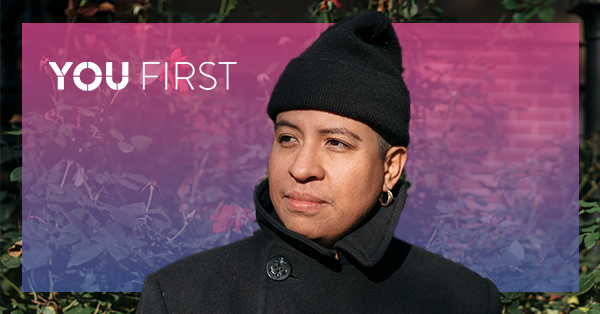
We offer compassionate support, tailored to your unique needs, to help you connect to and pay for heart disease, breast and cervical cancer screenings, plus heart healthy extras like free gym memberships. You First Services
Personalized support is a top priority at You First. You First partnered with the Pride Center of Vermont to learn how to best serve LGBTQ+ Vermonters. We understand that having a provider that you are comfortable with and can talk openly with makes a big difference in your health. That’s why we offer one-on-one help to find a safe and affirming doctor, get to appointments, pay for eligible medical bills and more.
